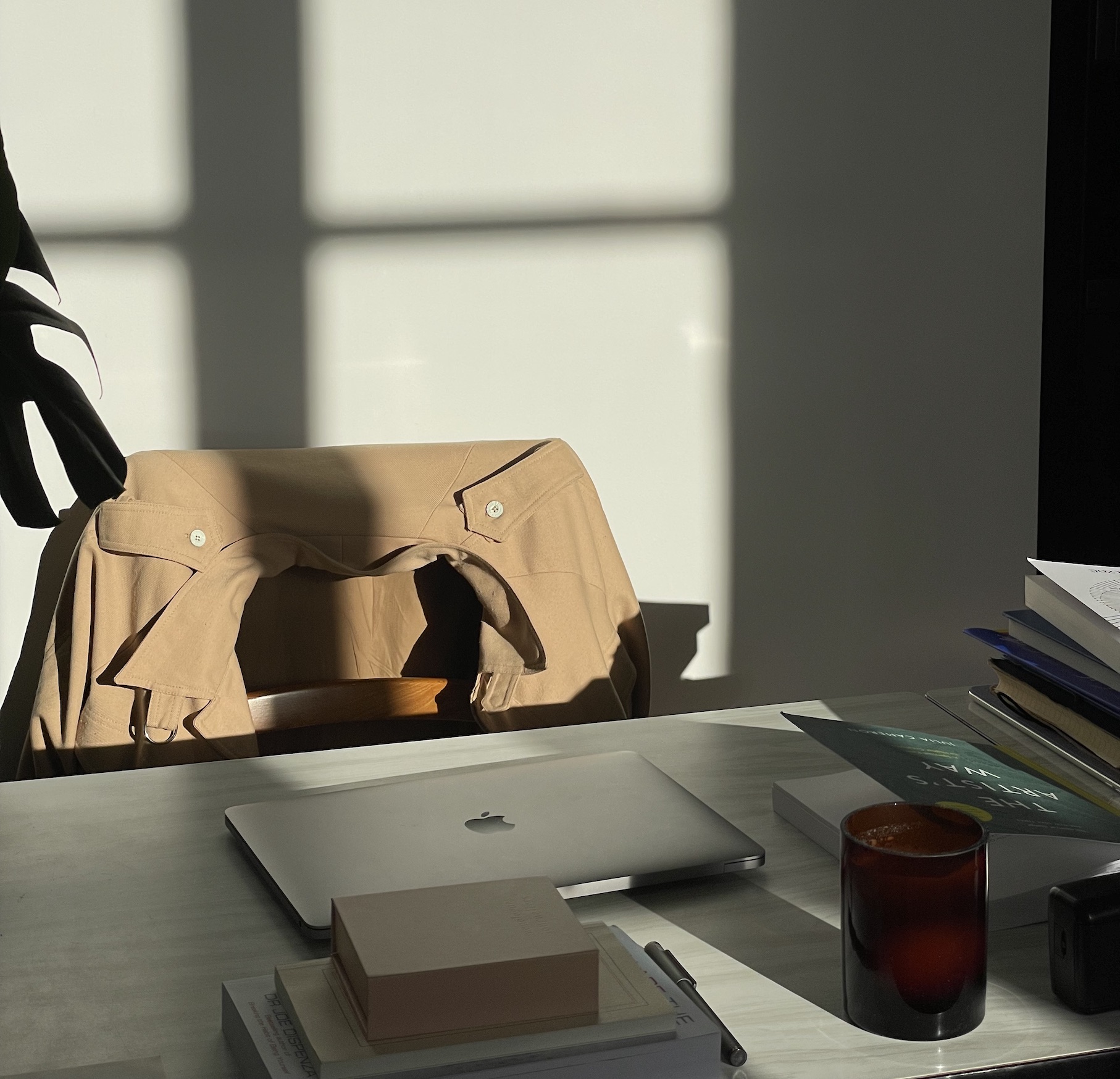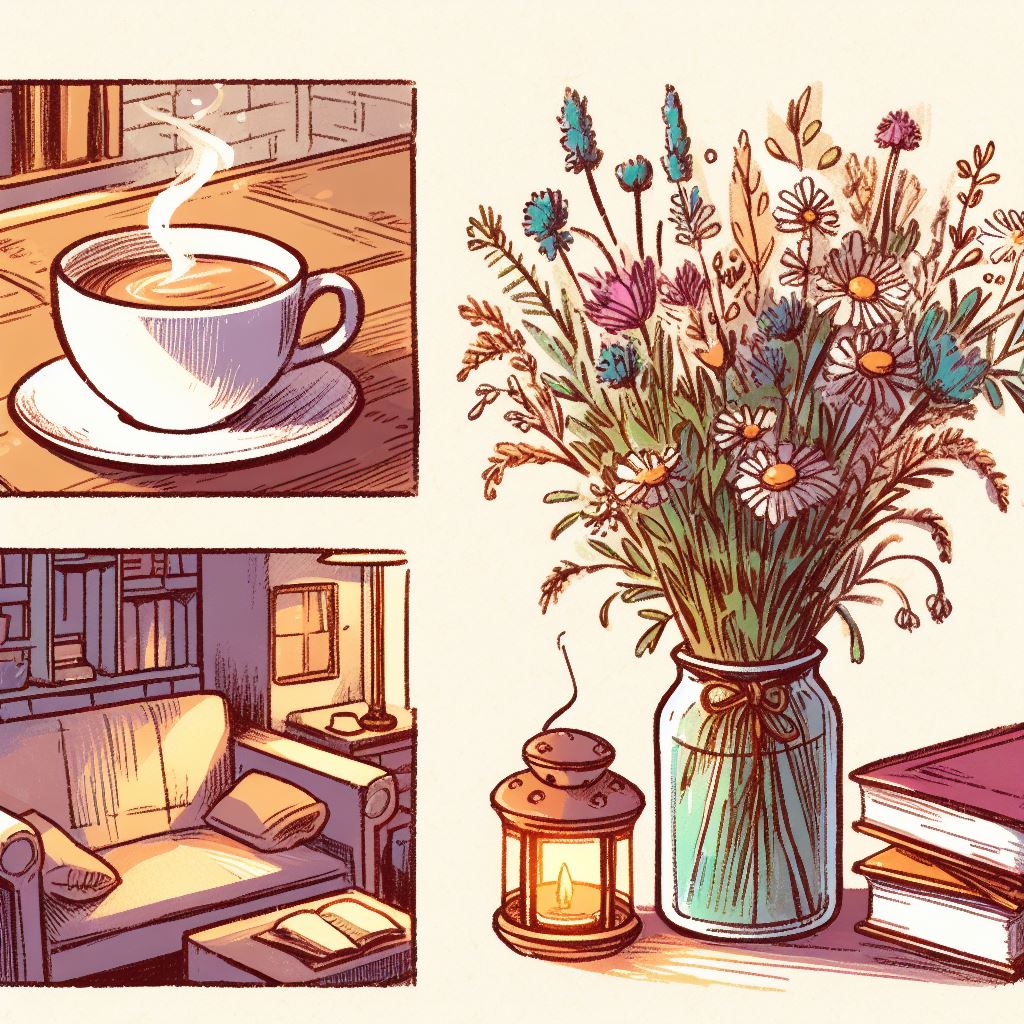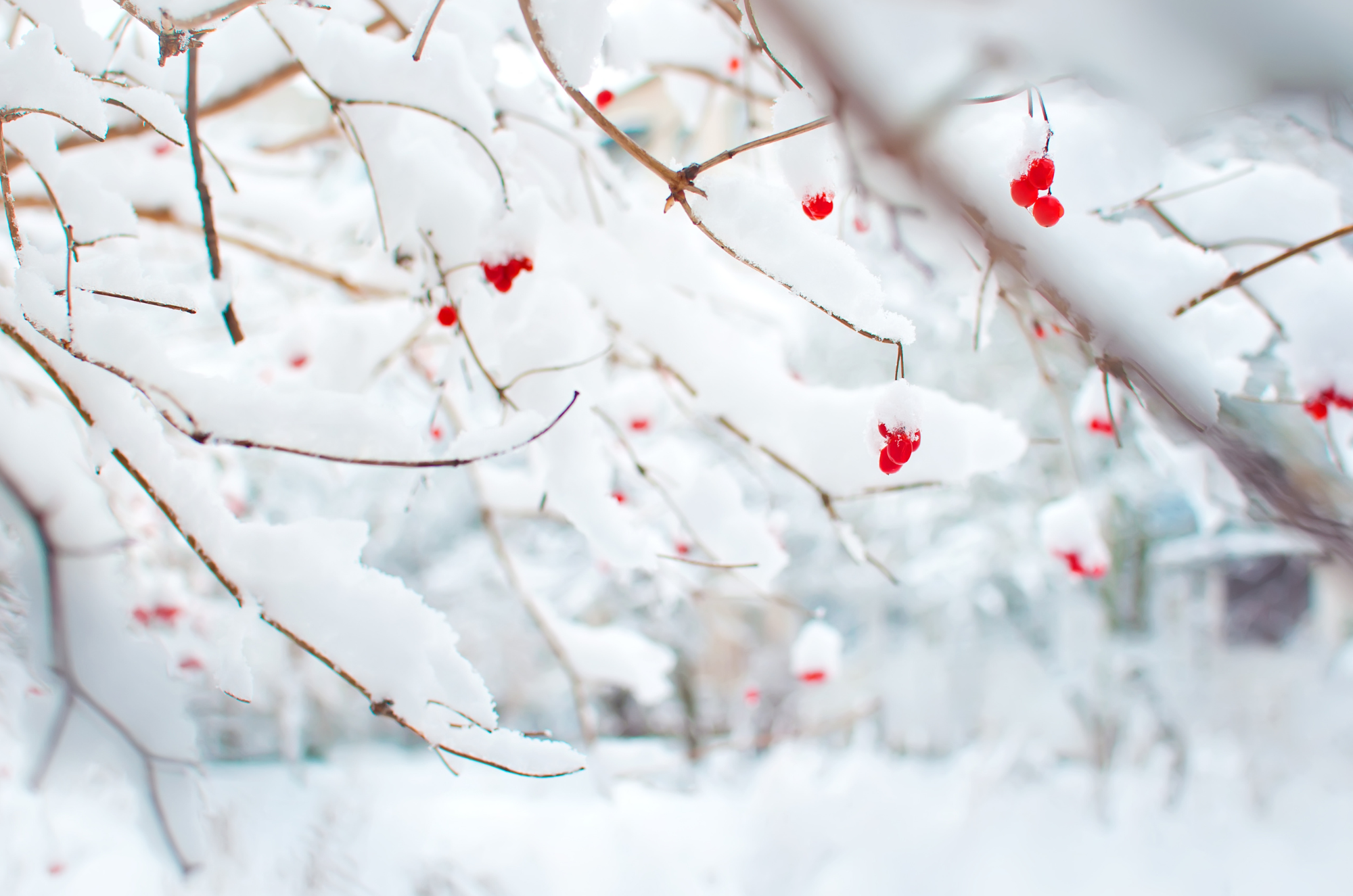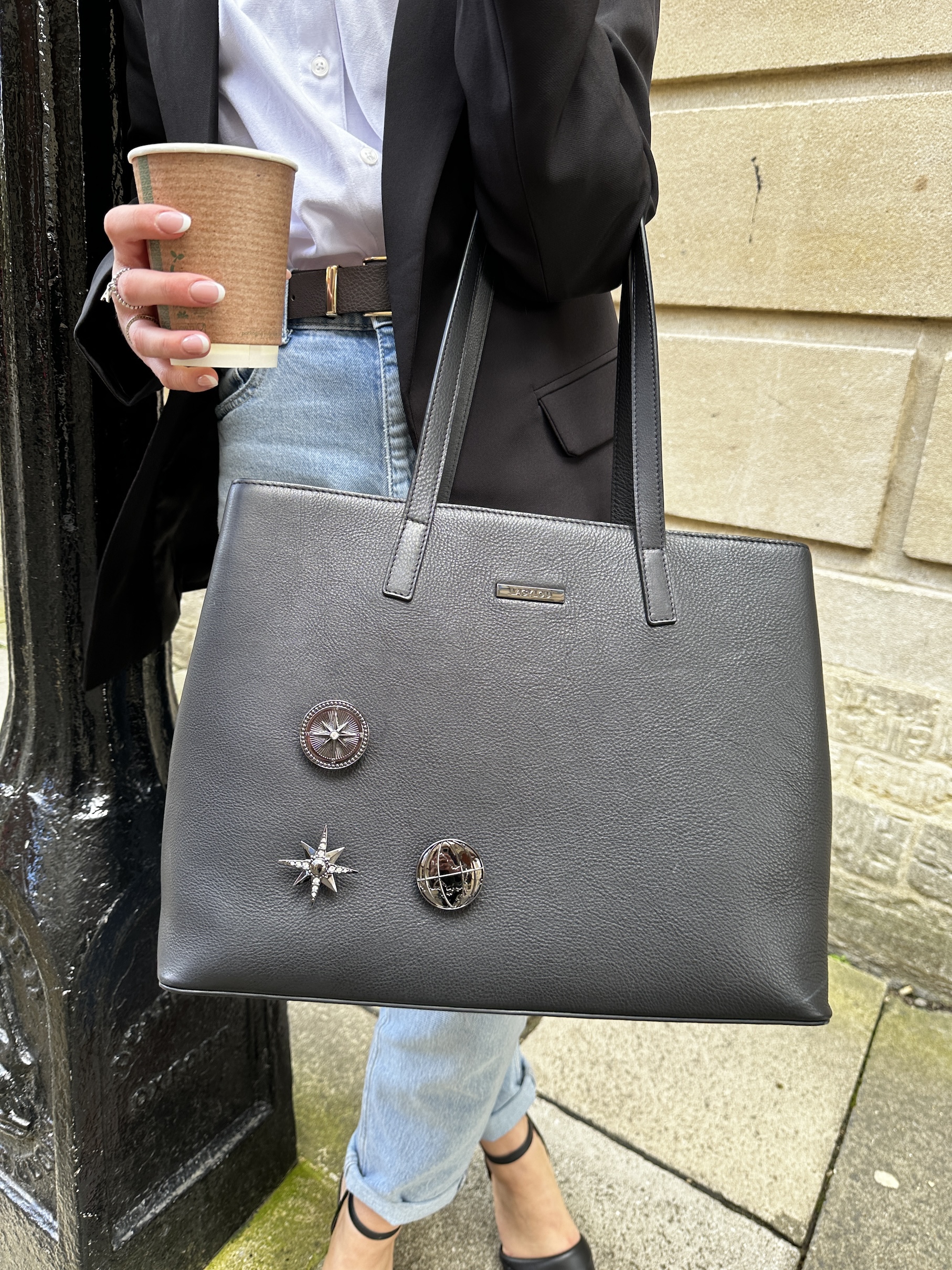Herbs are a cornerstone in many witchcraft practices, cherished for their diverse properties and spiritual significance. However, there are times when using them isn’t the best idea. Here are some considerations of when you should avoid using herbs to ensure your craft stays safe and effective.
Avoid Using Herbs if Consuming
Allergies
First and foremost, if you or anyone around you has severe allergies, steer clear of those herbs. I once had a friend who broke out in hives after accidentally consuming chamomile tea, thinking it was harmless. Allergies can turn a ritual into a health scare, so always check and double-check for potential allergic reactions.
Medication Interactions
Herbs can interact with medications in unpredictable ways. For example, St. John’s Wort, often used for its mood-boosting properties, can interfere with birth control pills. Imagine doing a love spell with a cup of St. John’s Wort tea, only to find it’s counteracting your medication. Always consult with a healthcare provider to avoid such complications.
Health Conditions
Certain herbs can exacerbate mental or physical health disorders. If you have conditions like anxiety, depression, or high blood pressure, some herbs might make them worse. For instance, licorice root can raise blood pressure. It’s crucial to be aware of these interactions to protect your wellbeing.
Pregnancy and Nursing
Pregnancy and nursing add another layer of caution. Many herbs, like pennyroyal, can be harmful during pregnancy. Always get the green light from your doctor before incorporating any herb into your diet or rituals if you’re expecting or nursing.
Unknown Sources
If the herbs come from a dubious source, it’s better to avoid consuming them. Herbs that are not ethically sourced or properly labeled might be contaminated or mislabeled. Stick to reputable suppliers to ensure you’re getting the real deal.
Avoid Using Herbs if Burning
Presence of Vulnerable Individuals
Burning herbs can create an enchanting atmosphere, but it’s a no-go if pets, small children, or people with lung conditions are around. Smoke can irritate sensitive lungs and cause serious health issues. I remember burning sage in my apartment once, only to realize my cat was sneezing nonstop – lesson learned!
Poor Ventilation
If you’re in a space with little to no ventilation, burning herbs can lead to smoke inhalation. This isn’t just uncomfortable; it can be harmful. Make sure to burn herbs in well-ventilated areas to avoid breathing issues.
Rental Restrictions
When renting, always check if it’s okay to burn incense or herbs. Many rental agreements have strict rules about smoke and fire. You don’t want to risk losing your security deposit – or worse, causing a fire hazard.
Fire Hazards
Always consider the risk of fire. If you’re surrounded by flammable materials, think twice before lighting up that smudge stick. Safety first!
Shared Spaces
In shared living spaces, be considerate of others who might be sensitive or allergic to smoke. A roommate might not appreciate their room filling up with the scent of your latest spell. Communication is key here.
When to Avoid Using Herbs in Rituals
Incompatibility with Intentions
If the herbs don’t align with your specific ritual intentions, it’s better to skip them. Using the wrong herb can dilute the effectiveness of your spell. For instance, using a calming herb like lavender in a spell meant to energize could counteract your efforts.
Lack of Knowledge
If you’re unsure about the properties and effects of the herbs, it’s best to hold off. Educate yourself before incorporating new herbs into your practice. There’s a wealth of information out there, so take the time to learn.
Unclear Ethical Sourcing
If the herbs aren’t ethically sourced, consider the environmental and social impact. Sustainability matters in our practice. Opt for herbs that are harvested responsibly to honor the earth and its resources.
Cultural Sensitivity
Avoid using herbs that are sacred or significant to cultures you’re not part of, unless you have permission and understanding. Cultural appropriation can be harmful. Respect and sensitivity should guide your practice.
Practical Considerations
Traveling
When traveling, be aware of local regulations and restrictions on carrying herbs. Different regions have varying rules, and you don’t want to get caught up in legal issues over a bundle of sage.
Public Spaces
Avoid using herbs in public spaces where it may disturb others or violate local laws. Public rituals can be beautiful, but be mindful of your surroundings and the people in them.
Storage Conditions
If you can’t store the herbs properly, leading to potential contamination or loss of potency, it’s best not to use them. Proper storage ensures your herbs remain effective and safe to use.
Additional Safety Notes
Accessibility
Keep all herbs out of reach of pets and small children. It’s astonishing how quickly a curious pet or child can find their way into your herb stash. Always store your herbs in a safe, secure place.
Proper Preparation
Only consume herbs that are properly prepared or approved by a medical professional. I learned this the hard way when I tried making my own herbal tea blend without proper research – let’s just say, it didn’t sit well with my stomach. Stick to what you know or consult an expert.
Accurate Foraging
If you’re foraging for herbs, ensure you’ve correctly identified them. Many safe herbs have harmful look-alikes. Double check your foraged finds!
Medication Substitution
Never replace prescribed medication with herbs. While herbs can complement medical treatments, they should never replace them. Always follow your doctor’s advice.
Herbal Supplements
Avoid using herbal supplements without understanding their side effects and only use those from reputable sources. Some supplements might promise the world but deliver unexpected side effects. Research and trustworthiness are key.
By keeping these guidelines in mind, you can safely and respectfully incorporate herbs into your witchcraft practice, ensuring your rituals are both effective and considerate of everyone involved.
















